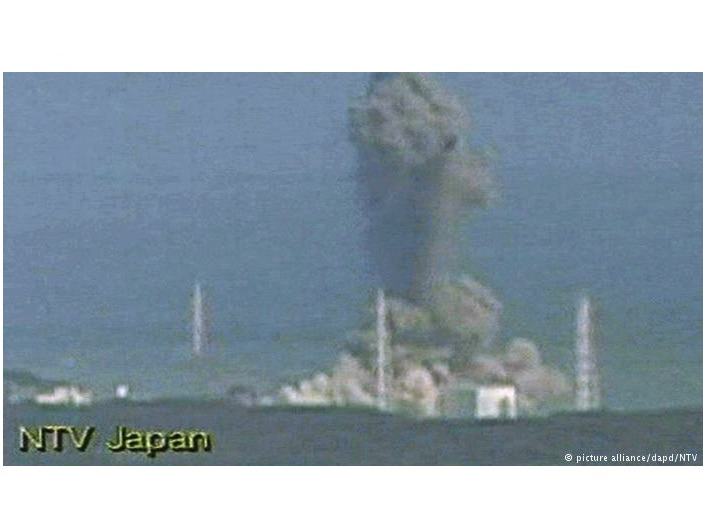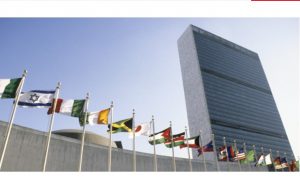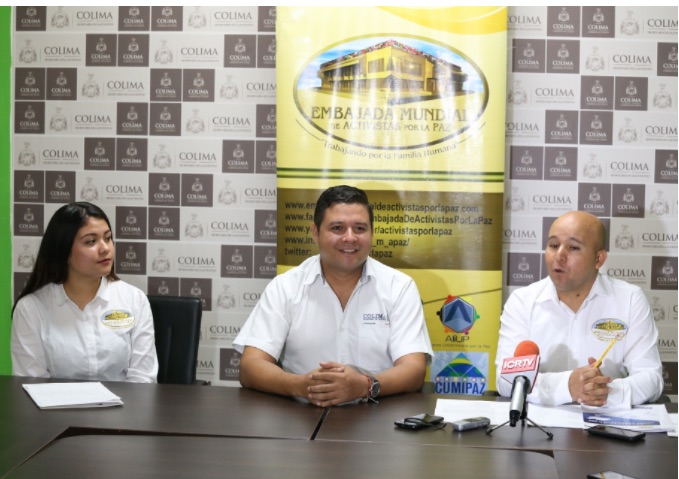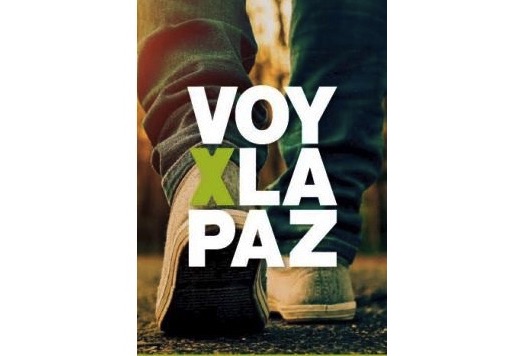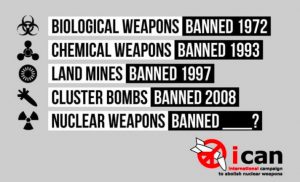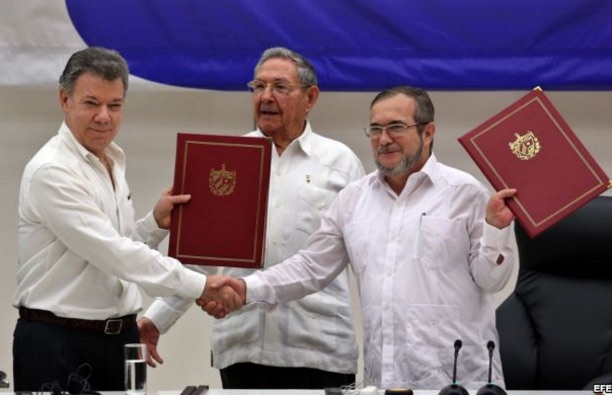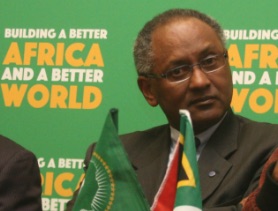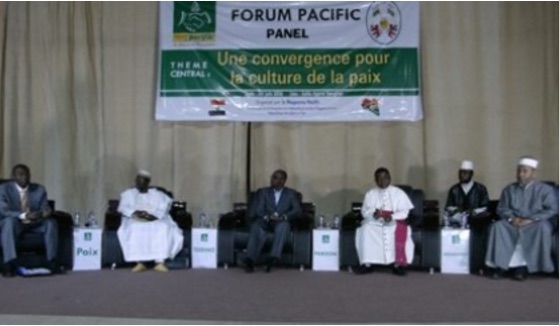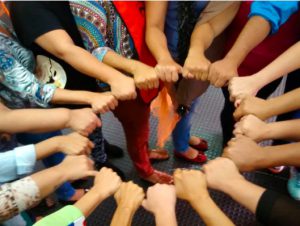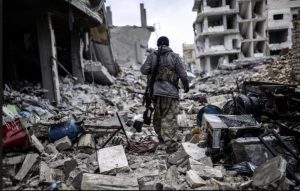
This question applies to the following articles in CPNN:
The international Society Culture of Peace: Solidarity concerts in Athens and Mytilini / Lesbos
Call for a National Debate on U.S. “Regime Change” Policy
IWPR’s Syria Coordinator Wins Landmark Freedom of Speech Prize
International Peace Delegation to Syria 24-30 Nov. 2015
UK: Is dropping more bombs on Syria way to solve refugee crisis?
10 More Ways Syrian Women Are Building Peace and Democracy
Syria: Vienna Conference Final Statement
* * * * * * * * *
In the following article, Wilhelm Langthaler, a Co-convener of PeaceinSyria.org comments on the spirit emerging from the “All Sides Consultation for Political Solution” in Vienna.
Now that the “All sides Consultation for a Political Solution in Syria” is accomplished and is being recognized by all the participants as a success that deserves continuation, the time has come to draw a balance not only of the conference itself, but also of its wider significance. The very fact that around two dozen people from the most diverse and conflicting backgrounds of Syrian society came together and consulted how to overcome the civil war tearing apart the country is extraordinary. But the spirit emerging from the debates reaches far beyond the objective of this single event, giving hope that a movement for a political solution is gaining momentum.
Exchange among the people – not power-brokering
First of all, let us recall the aim of the “All Sides Consultation for a Political Solution” which took place in the “Peace Castle Schlaining” close to Vienna, Austria, from 7-10 March, 2014. The idea was to give a voice to Syrian society in its full diversity, voices emerging from the people who have been silenced and excluded by the powerful. It was not intended to hold negotiations between the conflicting sides and their global and regional sponsors as has failed in Geneva. A consultative forum of personalities not directly representing the sides involved but indeed representing the societal richness was called upon to explore ways to stop the catastrophic bloodshed.
Thus we were not in search of sophisticated and well-balanced formulae of compromise pleasing the foreign powers involved (something which might, however, be necessary to reach in other places), but to give answers concerning how the full rights of the people might be guaranteed. The quest for these rights is what is thought to have sparked the conflict and is at the same time key to ending what has turned into a fratricidal war pitting the components of society against the other, a conflict additionally fuelled by massive international involvement. As Naser al Ghazali, one of the Syrian members of the preparatory committee hailing from Daraa, put it in his introduction: “Democratic rights are not negotiable. It is like pregnancy – you cannot be half pregnant as we will not accept less than full rights.”
The meeting was all about understanding the grievances of the diverse social, political, cultural and confessional components and to develop the mutual trust necessary to reach a ceasefire and to maintain it. . “We are contemplating elements of a new social contract,” as Serbest Nabi, a Kurdish professor of philosophy teaching in Erbil and Mardin, commented.
Tokens of mutual acceptance
“Once when I had to relocate, I donated my library for the use of the community by giving it to the local mosque. So together with my pious friend I checked the books one by one to see whether they were suited or not.” This allegory was recounted to the consultation by the Syrian filmmaker Nidal al Dibs from Sweida, reminding us of a contemporary version of Lessing’s ring parable which happens to be a symbol of European enlightenment.
This cautious but all the more powerful message was understood and adopted by all sides and can exemplify the spirit of the event. Though different, the secular and Islamic camps come together to explore their congruencies. The secularist takes the exigencies of the pious Muslim into account even if he might disagree. The pious friend, who may well have also been a partisan of political Islam, for his part accepts that there are acknowledged positions, milieus and cultures that do not belong to realm of the mosque.
This constitutive principle for the consultation was already recognised implicitly by the very composition of the participants. There were people siding with the government or regarding it as the minor evil, there were what can be called soft and hard opposition inside the country, there were Islamic personalities and Islamists, including the Muslim Brotherhood, there were personalities close to the Coalition, there were Kurds from the different currents. Some came from government-held areas, some from regions under the control of the rebels, some from the Kurdish-dominated north and others from abroad. There were men and women, old and young, affiliated with all the confessional groups, as well as die-hard secularists, comprising the full mosaic of Syria. People pursuing different professions were present: from university professors to grassroots relief workers, from doctors and students to writers and politicians; many of whom are former political prisoners, some even having served decades behind bars.
The necessity to accept and tolerate the diversity of Syrian society was recognised explicitly by everybody – a decisive precondition to end the civil war.
On minorities, majorities and the problems with these concepts
Some from the smaller confessional groups openly addressed their fear of radical Islamism and insisted that their rights as minorities must be guaranteed, such as Otared Haidar, a scholar teaching in Oxford with roots in Salamieh.
Monzer Halloum, an activist professor from Latakia, warned, however, of the dangers of the very concept of minorities which from a certain point on might even further fortify sectarian devisions. He said, “Violence and sectarianism are not an option for us as a democratic movement,” arguing that they came by an escalation driven by the regime and some rebel groups. “We should beware of associating violence with sectarian groups as a whole and thus make false generalisations.” Also Nawal al Yaziji, a women’s activist from Damascus, as well as Tareq Aziziye, a scholar from Homs, insisted on rights associated with the concept of citizenship and not with confessional group affiliations.
Samir Abulaban, a member of the Political Bureau of the Muslim Brotherhood, endorsed the rights of minorities referring to the Damascus Declaration of 2005, and signalled a readiness for the necessary dialogue. He even conceded that mistakes have been committed.
Originating from Homs, a highly mixed city, Samir Abulaban presented his own version of the parable of tolerance to the meeting: When the former Syrian prime minister Fares al Khoury, who happened to come from a Christian family, once appeared in public without a hat – at that time an appalling breach of customs – the Grand Mufti chose to put his own hat on the prime minister accepting to be the one seen without a headpiece.
The spin of the metaphor is somewhat changing fitting to his reciprocal question whether these minorities would in turn abide by the will of the majority. At this stage the discussion could not be continued and there is obviously a need to carry on and deepen these arguments.
Stop the violence by driving a democratic transition
The strong and overarching agreement was on the urgent need to stop the violence. Nidal al Debs even went so far to say there are now only two parties in Syria: “Either against the war or with the war.” Fateh Jamous, a long-term political prisoner from Latakia hailing from the Communist Action Party, and now one of the leaders of the Coalition for Peaceful Change, said that the party for peace was growing. But how to achieve peace once a general cultural mutual acceptance is reached? How to politically pave the way to a lasting ceasefire?
There was implicit consensus that meeting the original democratic demands of releasing political prisoners and now also hostages (from both sides), freedom for political articulation and organisation, and allowing humanitarian relief to be granted will facilitate stopping the violence – something that could be called democratic transition.
Abdulmanem Harah, a relief worker from rebel-held Aleppo, said that the constituencies of the insurgency would be ready to raise the white flag if the other side did so as well. “But it is up to the surgeon to end his operation.”
Aziziye called upon moderate Political Islam to make a strong statement against terrorism – a problematic term as it is being employed mutually by both sides, while also bearing in mind the misuse spearheaded by Washington. Ayman Kahef, the editor-in-chief of the influential business news website syriandays.com coming from Hama, put it more boldly: “How can we grant Isis and Nusra a ceasefire? How can you stop them from continuing?”
At this point Vangelis Pissias, a Greek professor and organiser of the Gaza flotilla, intervened on behalf of the Initiative. The general aim of the organisers was not to condition the Syrians beyond the general principles – yes to democracy, no to foreign intervention – but to provide a framework for Syrians to freely discuss among themselves, which does not, however, exclude dialogue and exchange with the international solidarity movement – another important aim of the event. “We believe that the forces ready for a political solution on both sides must be encouraged and strengthened” thus gradually isolating the hardliners. In this way a socio-political bloc can be constructed that is eventually capable of engineering a ceasefire, and to secure that it is holding by depriving the violent sectarian forces on both sides of their popular support base. The more that the underlying democratic demands can be achieved the better this political project can come into swing.
Refugee drama
As the number of Syrians abandoning their homes is rapidly approaching 10m or close to the half of the population and starvation is spreading, the humanitarian supply becomes pivotal. Many criticised the handling of even misuse of the refugee problem by both sides for their respective political ends – including their foreign donors.
Arif Dalila, the former Dean of the Faculty of Economics at Damascus University, commented that opening borders for Syrian taking refuge abroad would be no solution either as it drained the country of its human resources. Monzer Halloum insisted that the remaining safe areas inside the country must be preserved and extended. “Many people from Aleppo and Damascus flew to the coastal areas regardless of their confessional background”, Nawal al Yaziji highlighted, delivering evidence that there are also countertendencies against sectarianism.
The emerging idea was that the struggle to meet the immediate needs of the refugees must be turned into a lever for a ceasefire and a political solution, really allowing relief to reach the people.
National convention for peace
All of the participants expressed their strong conviction that this positive experience should be repeated on a much larger stage, best in Damascus. This was the proposal of many, including Habib Issa, a leader of the internal opposition recognised across very diverse milieus, who addressed the consultation by a letter as he was not allowed to leave the country. In fact, around half of the invitees who had already accepted could not participate either because they were denied exit, did not receive clearance or did not dare to come.
Arif Dalila, the longest serving political prisoner of the Damascene spring, also called for a national peace conference with the participation of all sides. Such a meeting preferably should take place inside the country but this requires strong guarantees from the government, Dalila said. “Civil society bears a great responsibility but as of now has no power as it has been silenced.” He mentioned Abdelaziz al Khayyer, a peaceful opposition leader, who was kidnapped in 2012 when he wanted to participate in a reconciliation conference, which happened to become the very last public meeting of the internal opposition. Dalila urged the international solidarity movement, the civil society and also the UN to provide an umbrella to these efforts – contrary to the global and regional powers, which were considered by the participants as an integral part of the problem.
Unresolved issues
While the closed deliberations were marked by the described spirit of mutual understanding, differences came to the forefront when it came to going public over the following issues:
To which extent granting rights to the Kurdish people while preserving the unity of Syria? A far-reaching autonomy and decentralisation as put forward by Xaled Issa, the European spokesman of the Kurdish Democratic Union Party (PYD), remained controversial.
Is it possible to secure equal rights to women and civil rights in general while not contradicting Sharia as Mohamad Alsayed, a Sheikh from rebel-held Aleppo demanded? What can be the meaning of a state that is “neither secular nor Islamic”?
As conveners of the consultation, we deliberately intended to position the consultation as complementary to negotiations or any other meeting involving top representatives. Therefore any result in terms of organisation should not put the legitimacy of either side into question – obviously a sensible matter.
While as organisers we are convinced that the political solution is the only viable one with regard to the interest of the vast majority of the Syrian people, the consensual formula emerging was “a political solution is the best solution”. We have to acknowledge that the warring sides both justify their military action (which in the end is only logical). The positive step is that they are seriously considering a political solution and are testing the ground for the conditions of a ceasefire. Most of the participants, however, regarded it as their duty to pressurise all sides, including the involved foreign powers, to accept and work for a political solution.
Similar holds for foreign interference, sanctions and intervention: Everybody claims to defend the sovereignty of the Syrian people and to keep foreign interests out. But while the third-partyists define this as an immediate and primordial demand and a pre-condition for a solution, the ones closer to the conflicting sides conceive that expelling foreign forces is only a possibility upon a ceasefire.
Network for peace
Everybody agreed to continue the efforts for a political solution by involving the whole spectrum of diversity on the level of civil society. It is, however, obvious that at a certain stage a solution can only become possible with direct representatives present. This step cannot be excluded, but must also be undertaken cautiously and gradually and might eventually shift to another, more appropriate forum.
One immediate result is that the participants, together with the Initiative, will constitute a network open to everybody supporting a political solution, whether Syrian or not. Furthermore a committee should be set up charged with preparing the next meeting.
The House of Peace (Beit al Salam), which is at the same time an abstract political concept as well as a concrete physical space, would be the most appropriate venue for a national convention for peace, as referred to above. The Beit al Salam is conceived of as a place inside the country, preferably in Damascus, where a ceasefire is already in place, where free political expression is allowed, and where security for all components of civil society is guaranteed.
The global peace movement is called upon to serve as a political umbrella for this process of building a political democratic solution alongside the United Nations.
